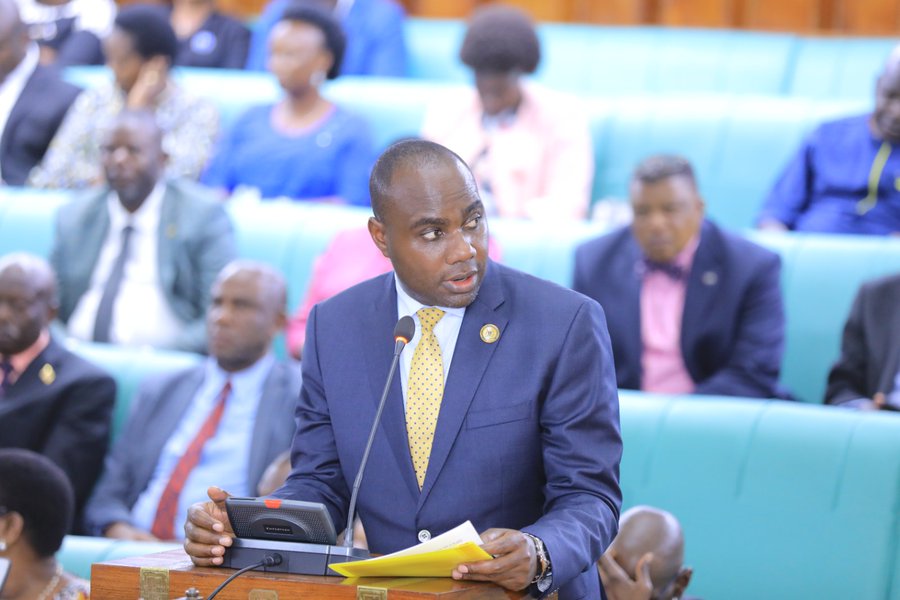The government has yet to verify the savings generated from the consolidation of agencies, a minister has informed Parliament.
The Minister of State for Finance, Planning, and Economic Development (General Duties), Hon. Henry Musasizi, told lawmakers during a Budget Committee session on Tuesday, 04 February 2025, that it was too early to establish the exact savings, as the figures remained uncertain.
“It is prudent to first finalize the review of structures, align work plans, and complete recruitment and procurement processes. Only after that can we assess actual savings. The figures we currently have are merely provisional,” he stated.
In February 2021, the government implemented a rationalisation strategy aimed at curbing public spending, eliminating redundant administration, and alleviating financial pressure on state resources.
As a result, 32 rationalisation Bills were enacted, leading to the integration of agencies such as the Uganda National Roads Authority, the Uganda Warehouse Receipt System Authority, the National Children’s Authority, the Uganda Wildlife Conservation and Education Centre, the Uganda Road Fund, and the Uganda Coffee Development Authority, among others.
While appearing before the committee, chaired by Hon. Patrick Isiagi, the minister justified the redistribution of budget allocations for the 2024/2025 financial year and the modification of work plans for institutions affected by the Rationalisation of Government Agencies and Public Expenditures (RAPEX) initiative.
“The projected savings were initially estimated before the structural review. Now, following the assessment, the figures we previously used are no longer applicable. In some cases, they have increased, while in others, they have declined,” Musasizi explained.
His remarks followed concerns from committee members that the rationalisation process was not yielding substantial savings for the government.
“There are hardly any savings being made here. The figures we are reviewing are insignificant,” Isiagi remarked.
A report presented to the committee indicated that six entities, including the National Commission for UNESCO, the National Records and Archives Agency, the Centre for Arbitration and Dispute Resolution, and the Bureau for Non-Governmental Organisations, had not registered any financial savings from the rationalisation.
Despite this, the RAPEX process is projected to generate savings of Shs430 billion, according to the Certificate of Financial Implication. However, MPs argued that these savings might not materialize in the near future.
Hon. Dicksons Kateshumbwa (NRM, Sheema Municipality) pointed out that unexpected expenses, such as salary adjustments for reassigned staff, could counterbalance the expected savings.
Musasizi clarified that outstanding financial obligations, including gratuity payments and contributions to the National Social Security Fund, were still under assessment. The final figures on retained staff and financial impact had yet to be determined.























